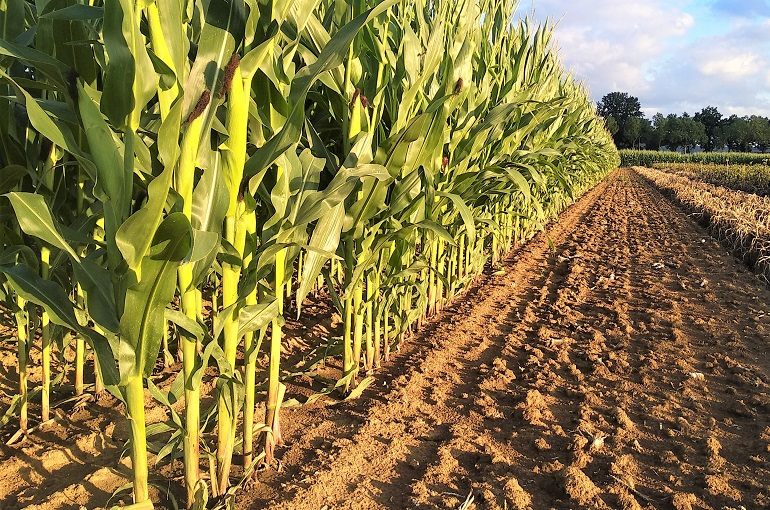Agric minister asks states to send farmers’ data for input distribution
Minister of Agriculture and Food Security, Abubakar Kyari; Finance and Coordinating Minister of the Economy, Wale Edun; the Minister of Budget Planning, Atiku Bagudu, and other stakeholders in the agriculture sector have met to boost food production and reduce food inflation.
The meeting, held at the weekend in Abuja, was in line with the directive of President Bola Ahmed Tinubu’s declaration of food security emergency, under the National Agricultural Growth Scheme and Agro Pocket (NAGS-AP) Programme.
Speaking after the meeting, Kyari stated that the objective of the forum was to also review the implementation of the 2023/2024 dry season wheat production implemented in 15 wheat-producing states of the Federation.
The Minister said there were observed lapses in the implementation process, hence the need for collective and comprehensive evaluation of efforts to be put in place and proffer remedial measures to forestall their reoccurrence.
To tackle some of the challenges recorded during the first phase of the programme, he said officers would be deployed to manage and coordinate the supply chain activities.
In his remarks, Edun said there were substantial intervention funds for the agric sector to produce more rice, maize, wheat, and cassava.
In his goodwill message, the Minister of Budget and Economic Planning, Atiku Bagudu, said: ‘’Nigerian agricultural space is one of the most elastic in the world. Every cropping season can produce a miracle if there is more investment in the sector.’’
Meanwhile, Kyari, has stressed the need for states to supply the Federal Government with data of credible farmers for effective distribution of inputs.
The call followed allegations of round-tripping by some farmers, who receive farm inputs from government and sell same to agro dealers at lower rate during the dry season farming in November 2023.
The minister, while receiving the Governor of Kebbi State in his office at the weekend, stressed that the success of the second phase of the dry season farming would depend on availability of credible farmers’ data and accurate geo-reference farmlands.
He said they would ensure that agro inputs and any other supports get to the real farmers, who have the requisite hectare to cultivate and are not at the mercy of pot-folio farmers, who hijack agro inputs and later round-trip to the detriment of real farmers.
While saying that more than two-third of local government areas in Kebbi State are suitable for rice cultivation, the governor presented a letter of interest, indicating the interest of his state to be part of the second phase of the dry season farming.
The governor stated that because of the importance the state attaches to agriculture, they purchased fertiliser of about N2.8 billion and distributed free of charge to farmers.
He said, if supported, Kebbi State farmers were ready to farm and could feed the entire country, adding that 320,000mt of assorted grains were also purchased and distributed to farmers, free of charge.


